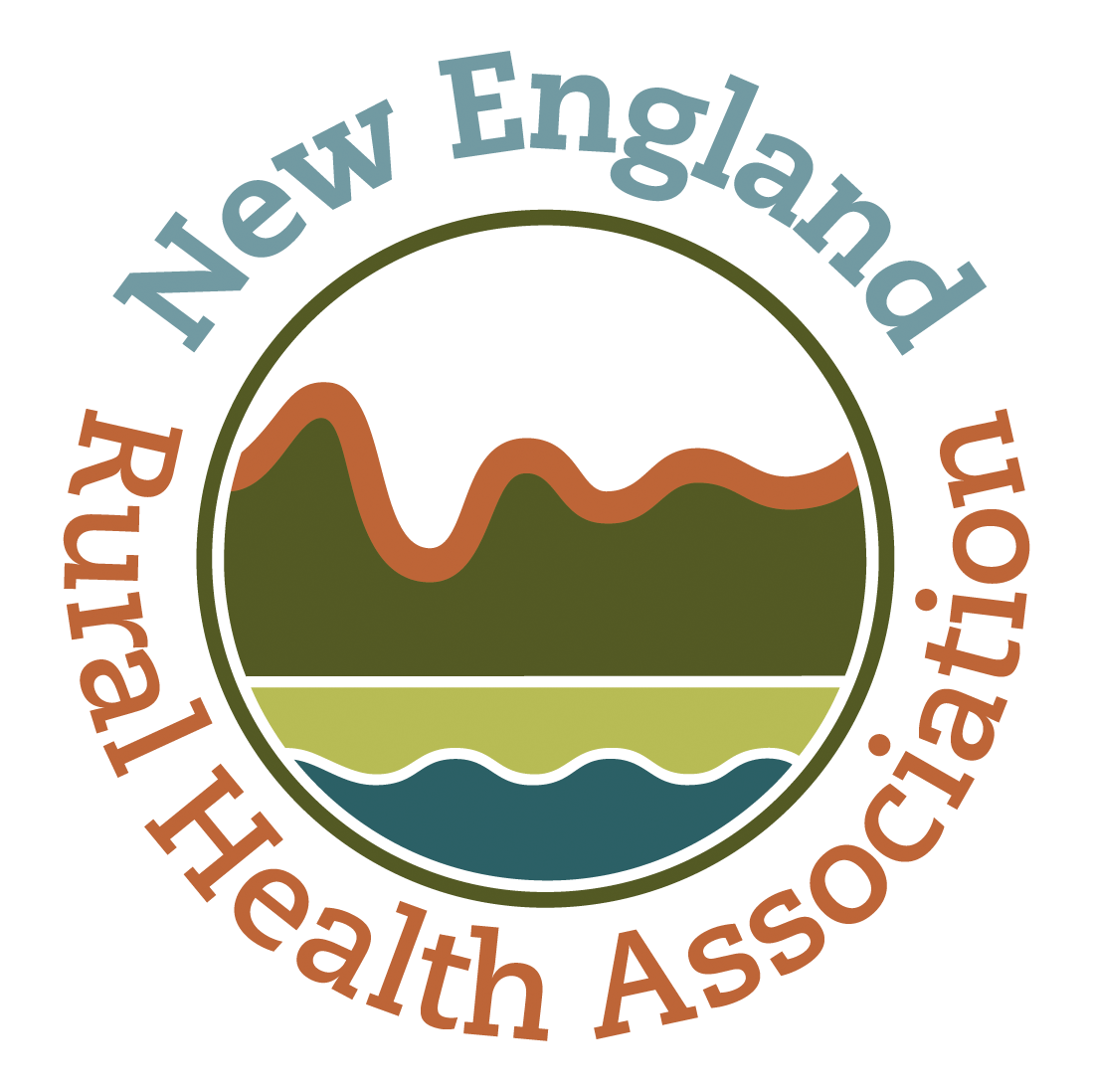Help Reduce the Threat to Maternal-Child Health in Our OB Deserts
Please Take the OB Life Support Research Survey
Most maternal deaths are preventable, but rural hospital closures threaten maternal health.
Over a third of all counties in the United States, many in rural areas, are “OB deserts” that lack maternity care resources including obstetric hospitals, birth centers, and obstetric providers.
Lack of obstetric care contributes to higher maternal mortality and severe maternal morbidity rates among rural, compared with urban, residents.
Obstetric Life Support is an evidence-based training for health care workers in prehospital (e.g., EMS, fire, first responders) and hospital-based settings. OB Life Support can prevent and address maternal medical emergencies that may lead to maternal collapse or cardiac arrest. This is especially important in our rural New England OB deserts.
We are seeking individuals in leadership positions in pre-hospital organizations, hospitals, clinics, and urgent care facilities in rural/underserved New England to complete a brief 20-30 minute survey to help identify barriers and facilitators to the widespread implementation of OB Life Support. If interested, you may also be selected to participate in an optional focus group discussion to enable us to learn more about potential implementation barriers and facilitators identified by the survey.
The New England Rural Health Association is proud to be a partner with University of Connecticut Health on an AHRQ grant to adapt Obstetric Life Support training implementation in rural and low-resource settings.
*Obstetric Life Support is an evidence-based training, for prehospital and hospital-based health care workers, to prevent and address maternal medical emergencies that may lead to maternal collapse or cardiac arrest. We are seeking individuals in leadership positions in prehospital institutions, hospitals, stand-alone clinics, or urgent care facilities across the country to complete a short 20-30 minute survey to help identify barriers and facilitators to the widespread implementation of this important health care innovation. You may also be selected to participate in an optional focus group discussion to enable us to learn more about potential implementation barriers and facilitators identified by the survey.


